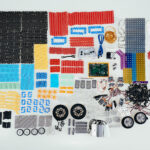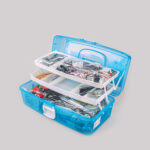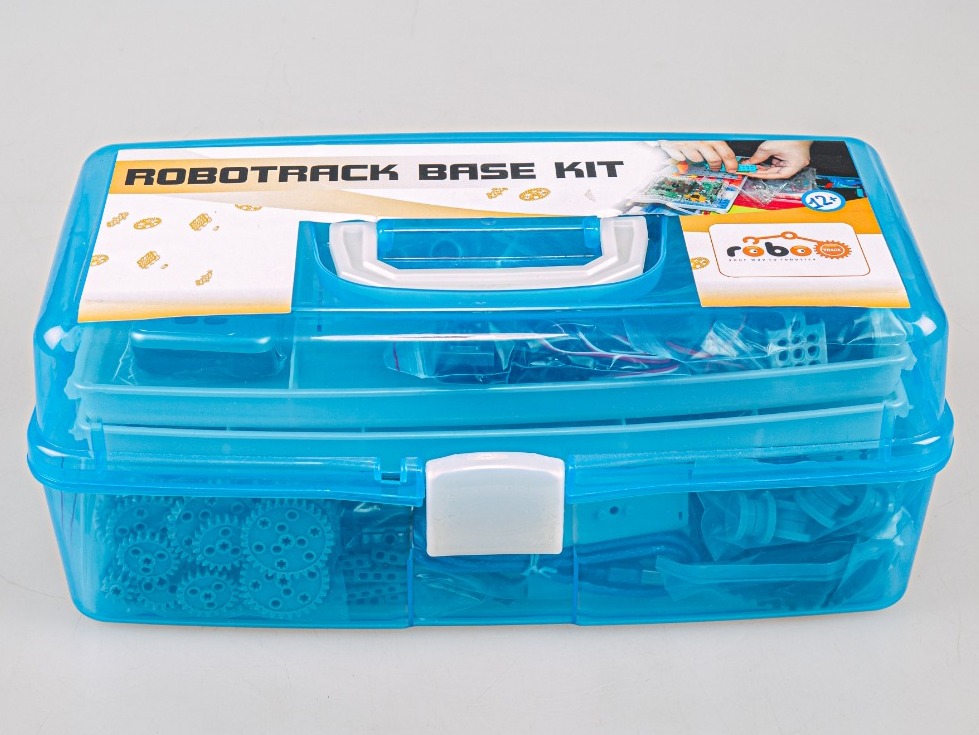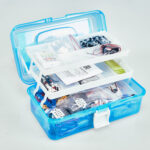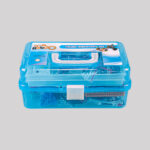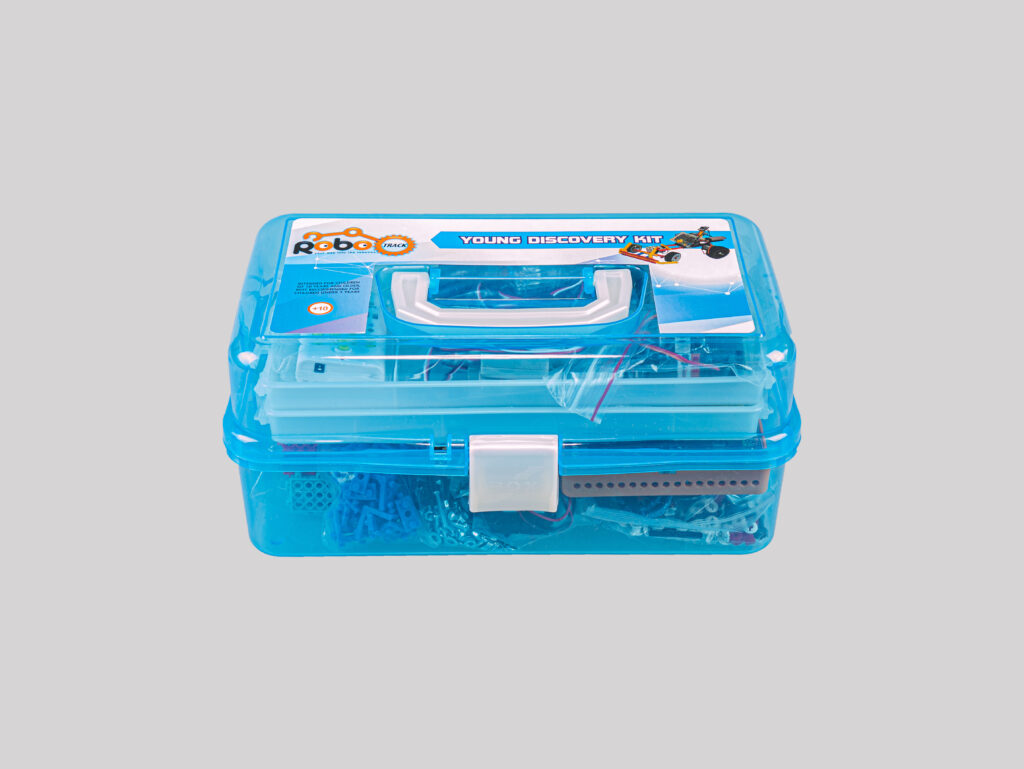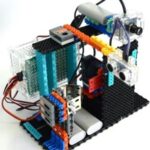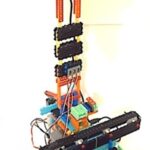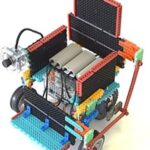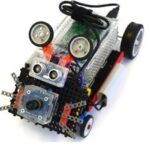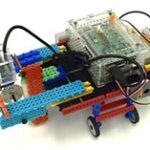What is a Robotrack Education Solution ?
Robotrack educational solutions provide students with immersive, hands-on learning experiences. Complexes are designed to be accessible to students of all skill levels, ensuring every student can participate and excel, irrespective of their prior technical knowledge. They enable students to construct engineering-related projects, as demonstrated in the attachment, and program robots. This interactive approach injects excitement into learning, resulting in heightened understanding and retention of intricate concepts, it also promotes innovation among learners from a young age. This inspires students to explore real-world challenges and devise solutions employing their robots. This fosters critical thinking and problem-solving skills, crucial for success in any field. Students also will have an opportunity to participate in International robotic and digital technologies competition “DETalka” to show what they have learned and solve engaging tasks in various categories. The next competition will be held in St.Petersburg, Russia, on May 10-11.
Investing in our educational solutions is investing in the future of your students. We are confident that integrating these resources into your educational model will elevate the quality of education at your esteemed institution and empower your students to excel in the dynamic 21st-century landscape. Furthermore, it will distinguish your institution and provide you with modern technology and a high competitive advantage. Please do not hesitate to contact us at lasfordkalonde@gmail.com, Administrator@zamtutions.com, Sales@zamtutions.com or reach us at 0970412544 to arrange a meeting or address any inquiries you may have. We eagerly anticipate the prospect of collaborating to offer your students the finest educational experience attainable.
Description of educational solutions:
Robotics. There are 5 courses for children aged 5 to 16. During the course, children learn about the progress in robotics, various mechanisms, and principles of mechanics. They also learn to work with different sensors and actuators, assemble constructions of varying complexity, and program robots both in visual environments and using C++
Programming. The educational complex is designed for kids from 11 years old. During the educational process,
they learn about the specifics Python language, data types, variables, basic arithmetic operators, functions, and
more. The course also includes a workbook with additional exercises to practice essential skills. Later, children
can apply this knowledge in a more advanced course for programming microcontrollers.
Neurotechnology. The neurotechnology educational complex is created for children aged 12 and up. Students
will delve into the study of neurotechnology using the “Young Neurophysiologist-Engineer” hardware and
software complex. During the sessions, they will study the human brain, its regions and functions, the nervous
system, skin structure, conductivity, resistance, and much more.
Computer Vision. The laboratory for studying the fundamentals of computer vision is intended for children aged
12 and older. Students will have the opportunity to experiment with various aspects of this technology. They
will work with computer vision algorithms using a smart camera. During the sessions, they will solve tasks that
focus on image classification, object detection, image segmentation, facial recognition, and more.
Artificial Intelligence. The artificial intelligence laboratory is designed for children aged 12 and older and
consists of two blocks. The first block allows students to work with already trained neural networks, while the
second block enables them to create their own neural networks. The laboratory covers the basics of building
and training neural networks, their development prospects, and their applications in the modern world. The
laboratory also teaches how to develop neural networks from scratch using specialized software called
NNWizard. This program is unique in that even without knowing any programming languages, students can
learn to create neural networks using special block cards, train them, and test their viability using robotics kits.


